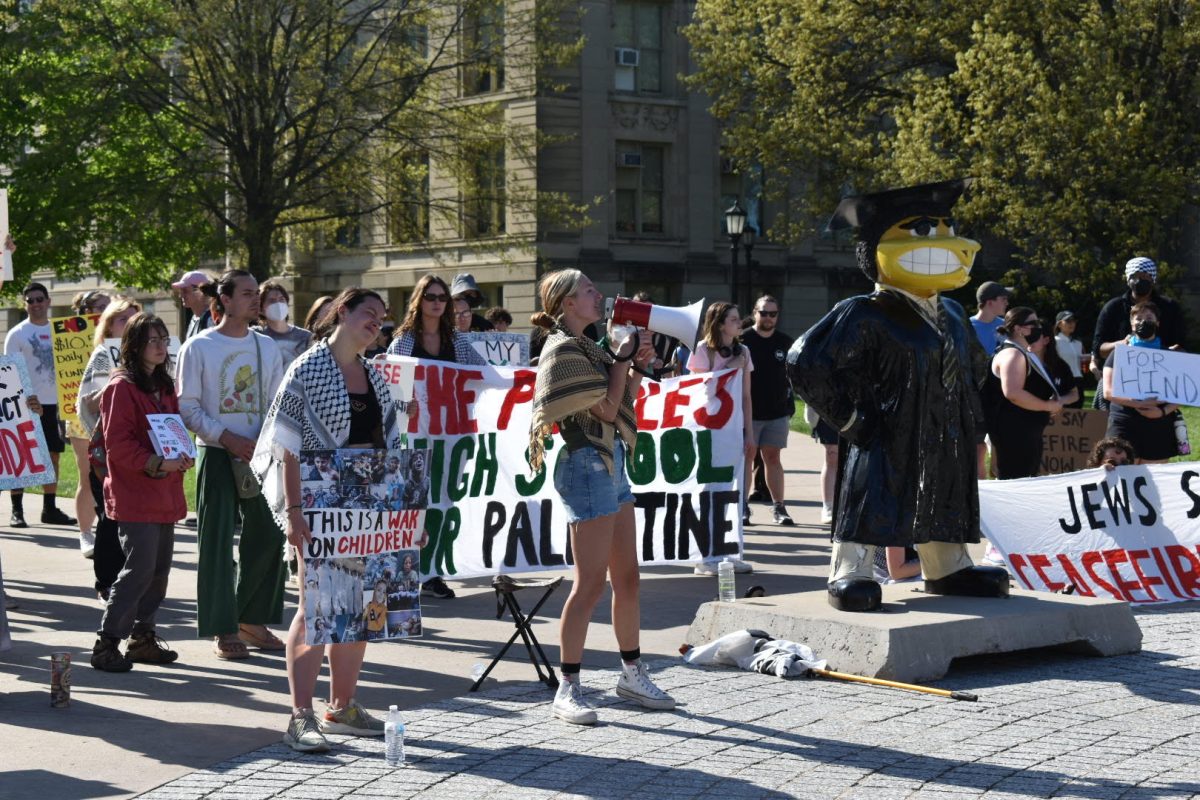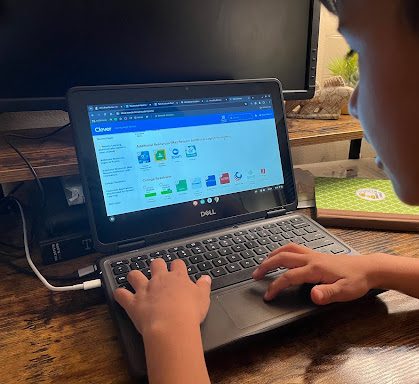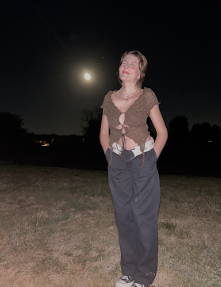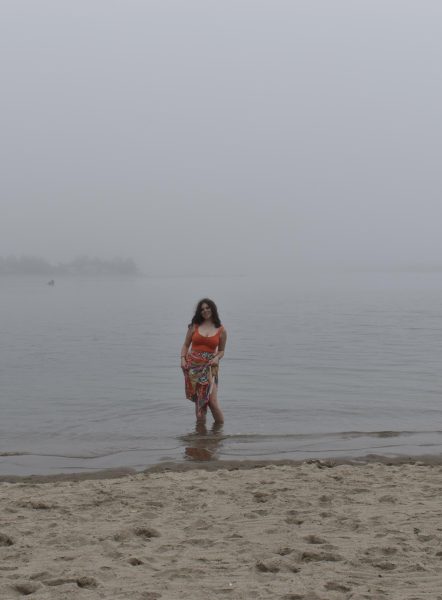
North Liberty’s population has grown more than 50 percent over the past decade. With the new urban developments, the extension of the University of Iowa Hospitals and Clinics and Liberty High School’s establishment in 2017, how have natural habitats and ecosystems been affected?
Urbanization is transforming unoccupied land into a dense, populated area. The effects of urbanization typically include deforestation, a decrease in biodiversity and residue of harmful pollutants attributed to the burning of fossil fuels and industrial waste.
Iowa has been well known for its rich, fertile soil, perfect for cultivating crops, accompanied by vast prairie fields for a variety of wildlife to thrive. Prairie once covered 75-80% of Iowa’s land, and now what remains is less than 0.1 percent of prairie across the state.
According to the U.S. Census, North Liberty’s population has more than doubled over the past decade, jumping from 13,374 in April 2010, to 20,479 in April 2020. Due to the population increase, it’s ranked as the ninth best place to buy a house in the state due to the large selection of businesses, entertainment and its ideal location.
However, while North Liberty struggles to keep up with housing, ecosystems and wildlife have also struggled to keep up with the continuous loss of habitat that many species desperately need to thrive.
According to Iowa’s Department of Natural Resources, ecosystems have significantly been altered from when Iowa initially became a state in 1846. With no readily available habitat due to over half of Iowa’s original forests being gone, this has led to a decline in native species.
For example, one keystone species in Iowa is the rusty patched bumblebee. While this bee does not make much honey, its job is crucial for not only the environment, but for citizens as well. This bee has the important job of pollinating many native plants that add biodiversity, while being the chief pollinator of crops important for Iowa’s economy.
While this species supports Iowa, the favor is unfortunately not returned. Due to large commercial farming that uses many different chemicals and pesticides along with destroying prairies and ecosystems, these bees are swiftly running out of habitat and food supply.
Iowa State researchers have concluded that the number of rusty patched bumblebees has plummeted almost 90 percent since the 1990’s due to lack of habitat. However, these bees aren’t the only animals being affected. As of July 2016, 12 animals that are native to Iowa are known to be on an endangered list.
Polly Riggan, a builder and realtor for over 30 years, talks about the wildlife in North Liberty as she explains, “It’s definitely affecting them. They are losing their homes… you see them amongst the residential homes. They don’t have anywhere to go.”
While it can seem insignificant to work towards helping the environment, there are many things residents can do that are fun and simple. Some of the many ways people can help Iowa’s native species is by making small prairies in people’s yards. This can include wild prairie grasses and flowers that can make great habitats for many animals such as rabbits, deer, birds etc. Here is a quick guide on different plants and how to get started: Backyard Prairie.








